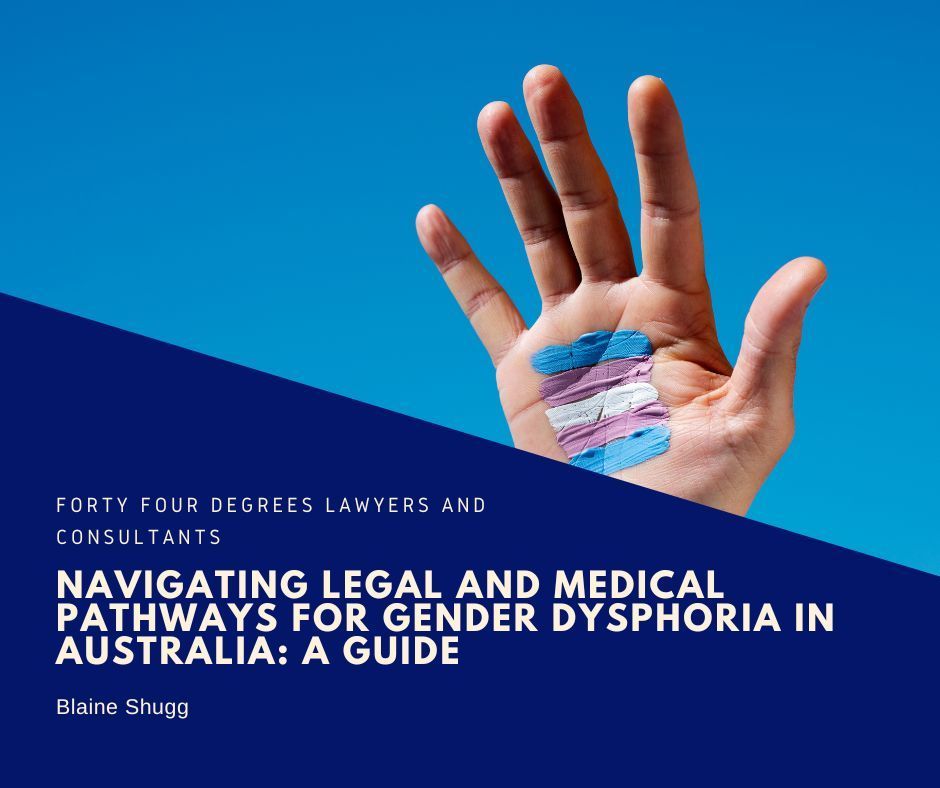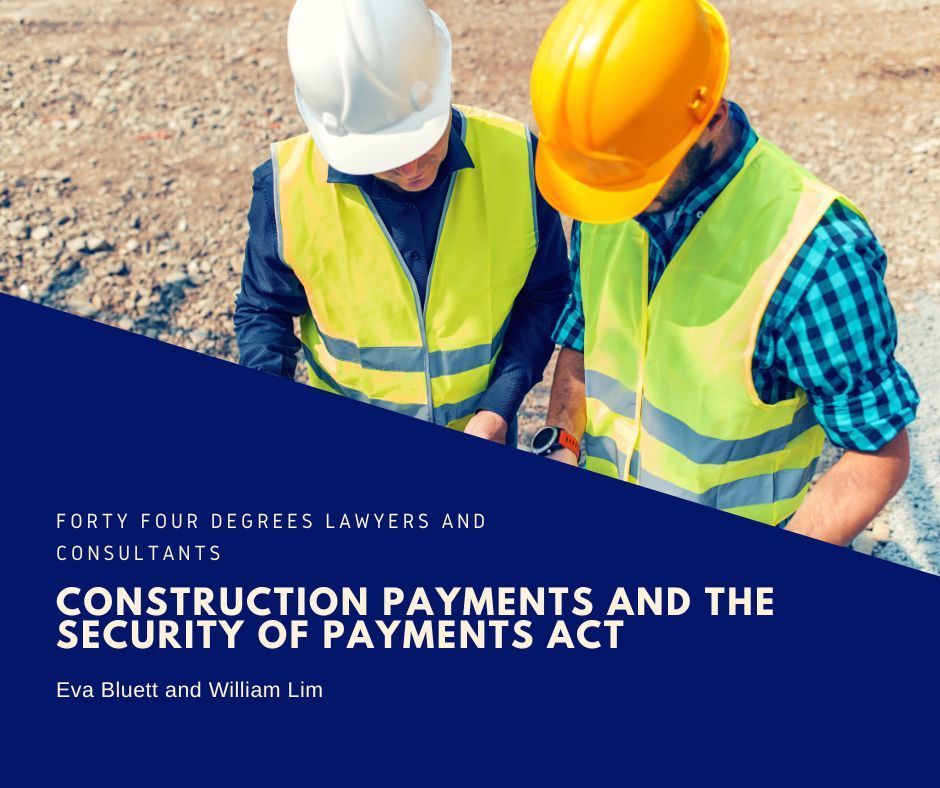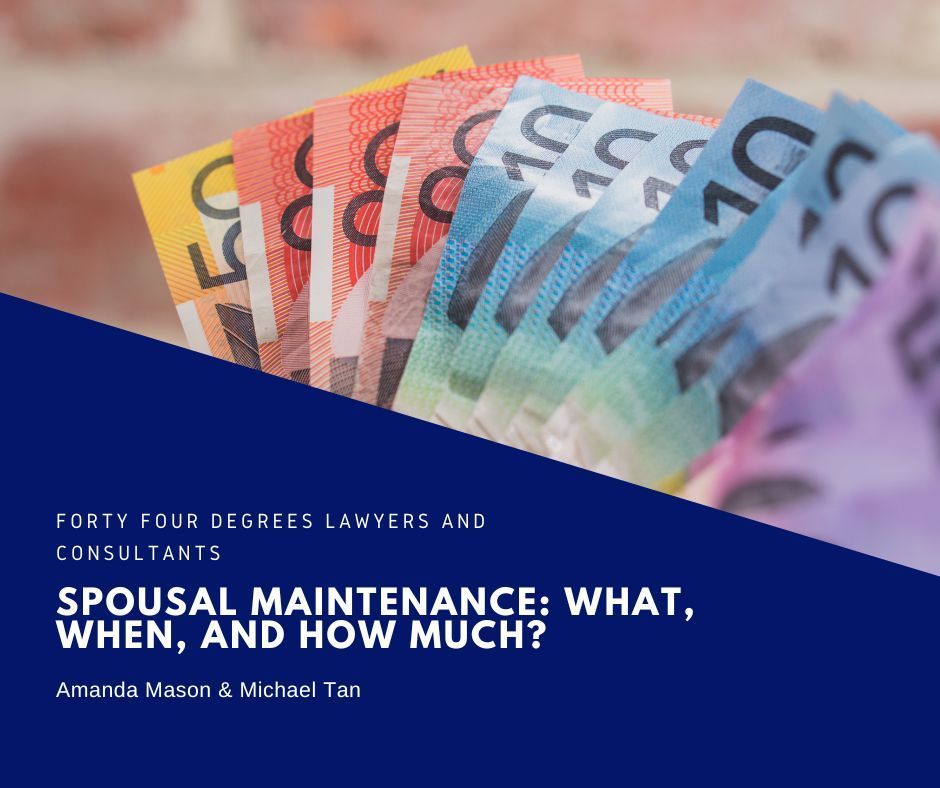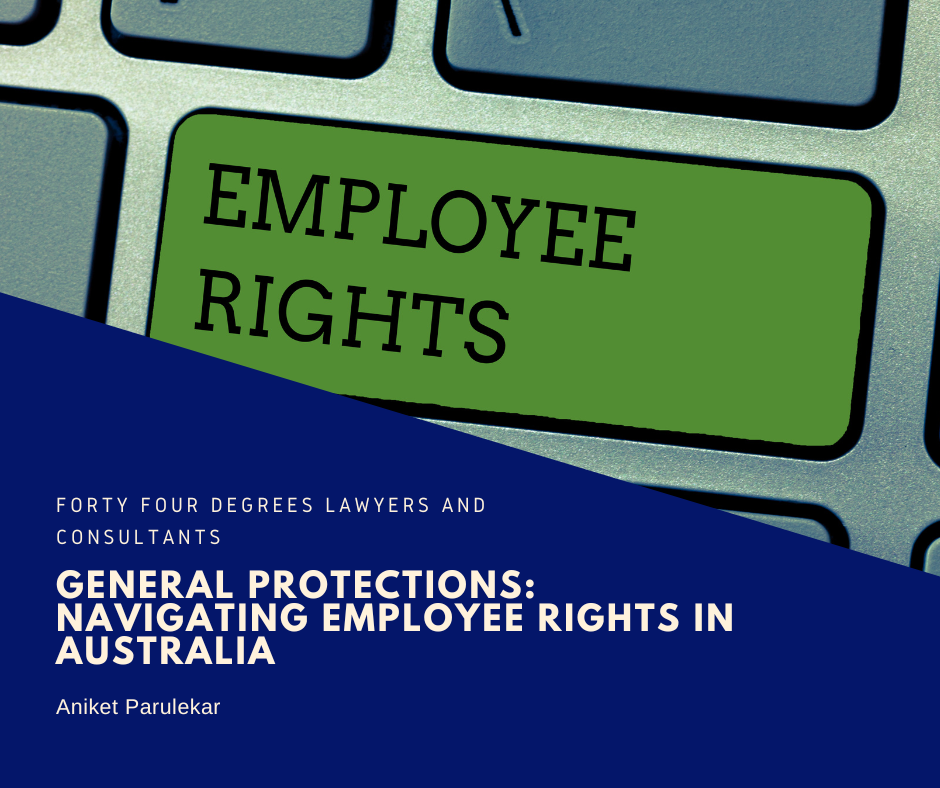Technology: Social media a risk to democracy
Hana Lee • Apr 27, 2020
Foreign interference through social media and the spread of misinformation is being examined by a Senate inquiry

In December 2019, in response to a perceived increase in malicious foreign actors interfering in Australian political initiatives, the Australian Senate resolved to establish a Select Committee for Foreign Interference through Social Media with a final report to be presented before May 2022. Senator Jenny McAllister will chair the committee with Senator Jim Molan deputy chair.
The committee’s terms of reference state it must inquire into and report on the risk posed to Australia’s democracy by foreign interference through social media, with particular reference to:
- the undermining of Australia’s democracy and values by spreading misinformation
- attempts to mitigate the risk posed by foreign interference, including by the Australian government and by the social media platforms themselves
- international policy responses to cyber-enabled foreign interference and misinformation.
Assessing the threat
According to the Australian Strategic Policy Institute, of the last 100 elections in democratic nations conducted over the past three years, 20 per cent had clear evidence of foreign interference. Foreign interference may not be as simple as spreading misinformation to influence the electorate to prefer one candidate over the other, although this was the topic during US president Donald Trump’s impeachment proceedings. Rather, systematic attempts from foreign actors may serve to undermine confidence in the country’s political institutions, media and press and exploit divisions already present in the population.
For example, the “Greens link to bushfires” misinformation campaign quickly spread across all social media platforms at the start of 2020, generating heated political arguments between “netizens”, often without any factual merit. Social media analysts claim that bots and troll accounts are involved in sharing, retweeting and uploading posts that exaggerate the role of arson in the bushfire crisis. YouTube has also been accused of spreading misinformation on climate change through a biased recommendation algorithm. When searching global warming on YouTube, 20 per cent of the top results are misinformation videos.
Is foreign interference the issue?
While foreign interference is one cause for concern, the committee may also wish to consider domestic instances of targeted political ads on social media platforms. Facebook ads, for example, allow any company or organisation to post ads targeting audiences based on gender, age, ethnicity and geographic locations down to a specificity of 1 kilometre, with keyword interests for further precision. While Facebook’s advertising policy states that advertisers must comply with an authorisation process, the policy sets a low threshold for what constitutes an “authorised ad”. Although Facebook introduced new security features against false information for the 2020 US presidential election and has taken some measures to protect social media users against election interference, the platform remains staunchly opposed to platform-wide banning of political ads. The onus is left on each jurisdiction’s regulators to set restrictions on spending limits, reporting requirements and foreign interference.
Likely outcomes
Following the final report in May 2022, the committee will likely resolve to increase tougher regulatory frameworks for social media platforms, a movement that is already well underway with the reform to Australia’s online safety regulations. These initiatives will add to the powers under the National Security Legislation Amendment (Espionage and Foreign Interference) Act 2018 (Cth) and Foreign Influence Transparency Scheme Act 2018 (Cth), both broad enough to cover
instances of foreign interference online. In 2018 the Department of Home Affairs established an electoral integrity assurance task force in response to ongoing warnings from the intelligence community about foreign interference in Australian elections. The committee’s report may add social media specific objectives to the task force’s already existing remit. Finally, while Senator Jenny McAllister has suggested that the criminal offences framework will be considered, prosecuting foreign actors for online activities carried out by automated bots will require arduous consideration of issues such as jurisdiction, subject matter, causation and admissible evidence.
The closing date for initial submissions into the Select Committee for Foreign Interference through Social Media was 13 March 2020, with further rounds likely to be announced. Those interested in contributing should contact the LIV’s Law and Technology Committee for further information.
Hana Lee
is a property and commercial lawyer at Forty Four Degrees and the co-chair of the LIV Technology and the Law Committee. This article was originally printed in the April 2020 edition of the Law Institute Journal
and has been reprinted with permission.
Contact Us
We’re an Australian Law Firm promoting a nuanced, personal touch. We have the skills you need to resolve your case quickly and with a positive outcome. Our straight talking team stays close to simplify what is most often a complicated process. We help individuals and businesses with technology and startup law, property law including conveyancing and leasing, commercial law, civil litigation, wills, estates, bankruptcy, insolvency, criminal law, and professionals facing investigations and charges from their regulatory body.
We have a connected network of talented lawyers in Melbourne CBD, Dandenong, Ballarat, and Ivanhoe East.
Fill out the form or call us on 1300 892 237.
Thank you for contacting us.
We will get back to you as soon as possible
We will get back to you as soon as possible
Oops, there was an error sending your message.
Please try again later or call us on 1300 892 237.
About Us
We do business your way.
203/ 50 Market St, Melbourne VIC 3000
50 Lydiard St South
Ballarat Central VIC 3350










